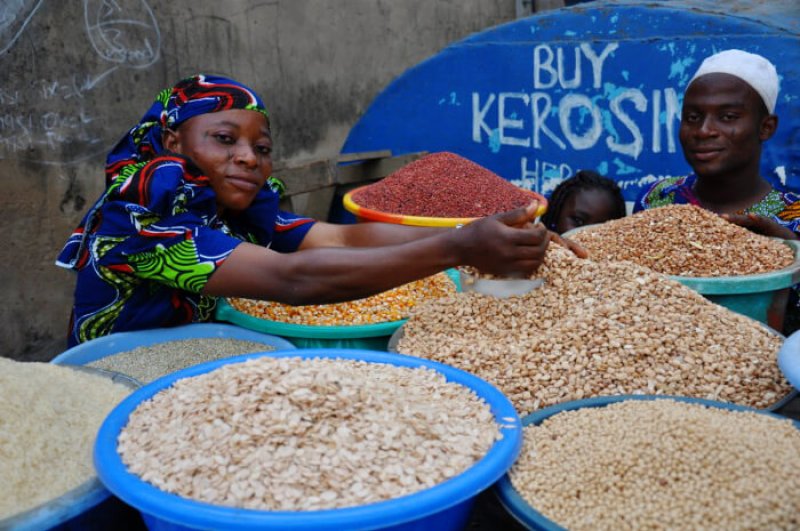Cowpea is one of the most important indigenous African legumes in Nigeria due to its ability to grow in drought-prone areas. Nevertheless, many biotic and abiotic factors significantly reduce cowpea productivity….Among these constraints is the pod-borer; maruca vitrata which is the major lepidopteran pest that inflicts severe damage to the cowpea plant….
Nigeria is the largest producer and consumer of cowpea in the world with a national average around 750Kg/ha. It consumes around 3.6 million tons annually, leaving the nation to grapple with a national deficit over 500,000 tons made up through imports up to N20 billion per year.
…
After going through the relevant trials, the Federal Government….recently gave its approval for the environmental release of the nation’s first genetically modified (GM) food crop, pod borer resistant cowpea….which has been genetically modified to resist the insect pest – Maruca Vitrata.
Contrary to speculations by opponents of this technology, the pod-bearer resistant cowpea (beans) project initiative….was developed in Africa by African scientists in public institutions and not by biotech companies.
[T]he coordinator of the pod borer resistant (PBR) cowpea project in Nigeria at the Institute of Agricultural Research (IAR), Zaria, Prof. Mahammad Ishiyaku, said the home-grown initiative after nine years of intensive trials had successfully conferred 100 per cent protection against maruca on cowpea by introducing the Bacillus thuringiences (Bt) gene through genetic modification….Read full, original article: Are Anti-GMO Activists Right On Bt Cowpea?































